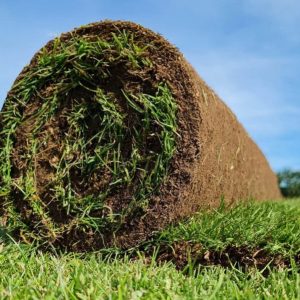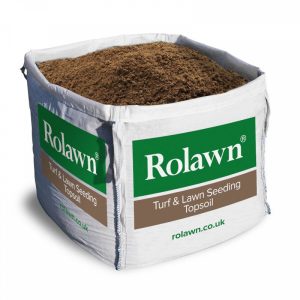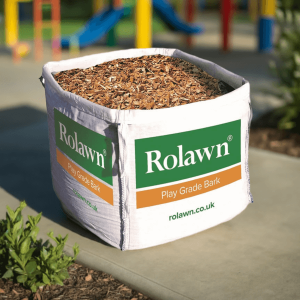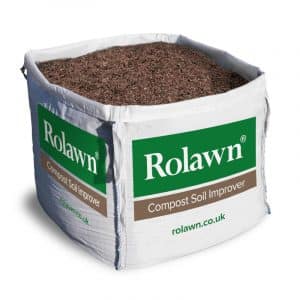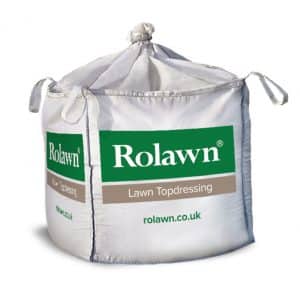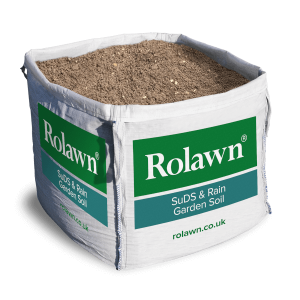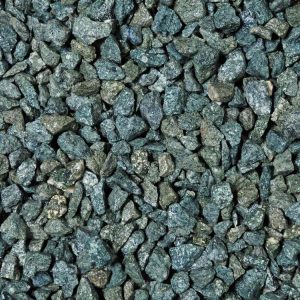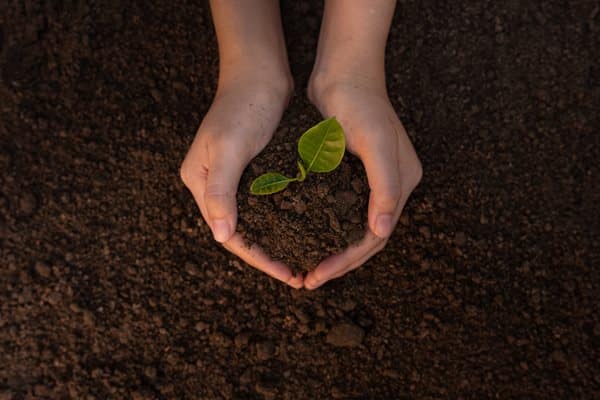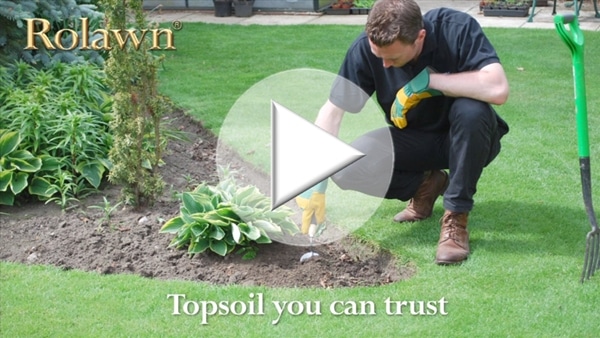Maintaining the health of the soil in our own gardens and allotments and growing our own produce is the best place to start. Here are some examples of ways you can help support soil health locally:
Home composting
Aside from reducing the amount of waste going to landfill, home composting creates nutrient-rich compost or ‘soil improver’ by breaking down organic waste, such as fruit and vegetable peelings, garden trimmings and grass clippings. As well as making the soil more productive and reducing the need for chemical fertilisers, the added organic material assists with moisture retention.
Select peat-free compost
If you choose not to compost, or if you need to supplement what you make, then purchasing a peat-free variety will help preserve what is one of the earth’s biggest carbon stores, also preventing the escape of carbon dioxide into the atmosphere that occurs as peat is harvested.
No-dig gardening
As the ground is worked for food production, carbon dioxide is released and the structure of the soil is altered. The no-dig method of gardening prevents land from being over-worked and helps to introduce more organic matter which rebuilds the structure of the soil.
Use of cover crops
These are crops that are planted between harvested crops to cover what would otherwise be bare earth. They help to prevent soil erosion by protecting the ground from heavy rainfall and helping to absorb excess water then improving the soil structure and nutrient levels as they break down.
Grow soil-friendly plants
Soil fertility can be improved by plants that extract nitrogen from the air. Deep-rooted plants help by alleviating soil compaction and passing nutrients from deeper in the ground up to more shallow rooted plants.
Reinstate natural lawns
Where lawns have been replaced with patios or artificial grass, there can be an excess of water run off onto surrounding ground which can wash away the top layer of soil. Reinstating lawns helps to prevent localised flooding. Not only that, but natural lawns absorb CO2 and generate oxygen.
Buy organic
If you aren’t able to create your own compost and follow the advice above, then consider adapting your buying habits. Organic produce is cultivated without the use of chemical fertilisers and pesticides which are detrimental to soil health.
Choose responsibly sourced topsoils
When you need to import topsoil from a third party, buying from an environmentally friendly supplier who uses responsible sourcing protocols will help to ensure that you are limiting your impact on the environment. Find out more about choosing and using suitable topsoil in our Topsoil Buying Guide, or by watching our ‘Selecting the right topsoil’ video.

